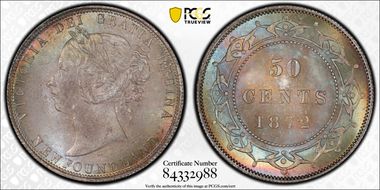Terranova Collection 的钱币相册
Cornerstone Collection From Oct 2007 Moore Numismatic Torex Auction "An outstanding example toned with splashes of olive, silver and gold. Both the obverse and reverse exhibit mirror surfaces and the obverse has a strong cameo contrast. Believed to be one of only two in private hands, with a third in British Museum. This example from the J.B. Caldecott specimen set, sold June 11-13, 1912 by Sotheby & Co. London, as part of lot #392. The lot was purchased by Baldwin and Son for Virgil Brand and remained in the Brand family until 1958 when it was sold to Spink & Sons. Spink's broke up the set and placed four pieces individually. In April, 1977 Spink purchased back the Ten Cents piece and again offered it for sale. MOORE's purchased the coin in June of 1977 from Spink's at the Convention of International Numismatics (C.O.I.N.) and brought the coin to Canada for the first time. The coin has remained in the Gruyich Collection for the past 30 years." It was purchased by the Cornerstone Collection until it was again offered in 2019.
McGill University gold Specimen "Anna Molson Sciences Award" Medal 1864 SP63 PCGS, LeRoux-670 (R5). 22k gold, 45mm/60g. Bust of Isaac Newton left / 4-line inscription within wreath, shield above. Newton's bust was executed in sculptural relief with strong cameo-producing frost on display and the surrounding raised design. Deep reflectivity exists in the fields. Impressive as an award, particularly given its high level of preservation. Established by an endowment left by Anna Molson, this medal was awarded by the university for accomplishments in Science, Mathematics and Physics. Extremely rare with only 3-4 pieces known.
McGill College gold "William Shakespeare Tercentenary" Medal 1864. PCGS SP67 44mm/50.81g. By Joseph & Allan Wyon. Obv: Bust of Shakespeare left, with name (unusually spelled) and birth and death years around legend. Rev: 3-line inscription at center inside ornate quadrilobe. It celebrates the 300th birth anniversary of world-renowned poet, playwright, and actor William Shakespeare. Mirrow surface with ultra heavy cameo bust of Shakespeare. Unlike so many other gold medals with light hairlines, this superb gem specimen medal has no handling mark whatsoever, just like the day it was struck back in 1864. An ultra rare Canadian gold medal, only two known (the other was an AU impaired example sold by Heritage Auctions in 2018).
McGill College gold "Major Hirim Mills" Medal 1882, 45mm/44.94g/22k. By Joseph & Allan Wyon. Obv: College arms. Rev: 4-line inscription inside wreath. Struck with the name of (Major) Hiram Mills (1796-1882), an American-born philanthropist, who on his death left $43,000 to McGill College in order to establish a gold award medal, a scholarship and an endowed chair in the classic field. A very rare medal in gold.
1860 University of Toronto gold medal. Awarded to Iosepho (Joseph) Bascom for medicine (ranked 1st in 4th year). By B. Wyon. PCGS SP62, 22 kt gold, 50mm/58.22g. Mirrow surface with frosted figures. Obv: the Goddess of Victory is holding a wreath. On the left - MH AHTOI, a motto used on medals and prize books at the University of Toronto. It conveys a message of encouragement, perseverance or triumph. It connects to the idea of overcoming challenges and achieving victory. On the right - ΣΤΕΦΑΝΟΥΣΑ (Greek for Stephanos which means wreath or crown. By extension could mean "reward, honor, renown and fame"). Rev: University of Toronto near the edge with 5 lines in the middle Iosepho Bascom, M.B. PROPTER - on account of FELICITER - successfully EXCVLTAM - developed/completed MDCCCLX - Roman numerals for the year 1860 Believe to be unique. There were only two previous records in the auction archives, first in the 1920s and last time in the 1960s. This medal has not surfaced in the last 60 years.
Silver medal (stamped ARGENT on the edge). PCGS mis-attributed this as Bronze.
The Winchester College Medals awarded to two generations of the Cripps Family Winchester College , The Queen’s Medal, 1837, a gold award by B. Wyon, bust left, rev . tomb of William of Wykeham, edge named (Carolus Aluredus C: The Cripps Family, and by descent Henry William Cripps , QC (1815-99), barrister; b. Preston, Cirencester; educ. Winchester and New College, Oxford; President of the Oxford Union 1837; called to the Bar at Middle Temple, 1840; moved to West Ilsley 1851, then Wallingford and finally to Parmoor, Marlow, 1860; Recorder of Lichfield, 1852; became a QC in 1866; Chancellor of the diocese of Oxford and chairman of the Buckingham Quarter Sessions Charles Alfred Cripps , 1st Baron Parmoor, KCVO, PC, KC (1852-1941), barrister and politician; b. West Ilsley; educ. Winchester 1866-71, then New College, Oxford; called to the Bar at Middle Temple, 1877; became a QC in 1890; Unionist MP for Stroud, 1895-1900; appointed Attorney-General to the successive Princes of Wales, 1895-1914; Vicar-General of York, 1900, and of Canterbury, 1902; Unionist MP for Stretford 1901-6; knighted 1908; MP for Wycombe 1910-14; Lord President of the Council and Leader of the House of Lords, 1924 and 1929-31. A staunch advocate of peace, who considered the decision to declare war on Germany in 1914 a disaster, he sympathised with conscientious objectors. At the behest of Ramsay MacDonald, Cripps crossed the floor from the Conservative to the Labour party in 1923. His youngest son, Stafford Cripps (1889-1952), followed him into Parliament and served as ambassador to the USSR during World War II. -----
Commemorative issue Duke of Newcastle Eton College Pelham Prize Obverse Henry Pelham Duke of Newcastle Right. Script: Latin Lettering: HENRY PELHAM DUKE OF NEWCASTLE ETON 1833 Engraver: William Wyon Reverse Wreath surrounding a 5-line latin inscription. Script: Latin Lettering: PRIMA SEQUENTEM HONESTUM EST IN SECUNDIS CONSISTERE (This is a quote from the Roman philosopher Cicero. It means that if you are not able to achieve first place, it is still honorable to come in second. This quote is often used to encourage people to keep trying their best, even if they don't think they can win. It is also a reminder that there is honor in hard work and dedication, even if it doesn't result in victory)
The Winchester College Medals awarded to two generations of the Cripps Family Winchester College , The King’s Medal, c . 1830, a silver award by S. Clint, bust right, rev . tomb of William of Wykeham, edge un-named, 49mm (BHM 1560 [dated to 1831]; E 1240) Provenance: The Cripps Family, and by descent Henry William Cripps , QC (1815-99), barrister; b. Preston, Cirencester; educ. Winchester and New College, Oxford; President of the Oxford Union 1837; called to the Bar at Middle Temple, 1840; moved to West Ilsley 1851, then Wallingford and finally to Parmoor, Marlow, 1860; Recorder of Lichfield, 1852; became a QC in 1866; Chancellor of the diocese of Oxford and chairman of the Buckingham Quarter Sessions Charles Alfred Cripps , 1st Baron Parmoor, KCVO, PC, KC (1852-1941), barrister and politician; b. West Ilsley; educ. Winchester 1866-71, then New College, Oxford; called to the Bar at Middle Temple, 1877; became a QC in 1890; Unionist MP for Stroud, 1895-1900; appointed Attorney-General to the successive Princes of Wales, 1895-1914; Vicar-General of York, 1900, and of Canterbury, 1902; Unionist MP for Stretford 1901-6; knighted 1908; MP for Wycombe 1910-14; Lord President of the Council and Leader of the House of Lords, 1924 and 1929-31. A staunch advocate of peace, who considered the decision to declare war on Germany in 1914 a disaster, he sympathised with conscientious objectors. At the behest of Ramsay MacDonald, Cripps crossed the floor from the Conservative to the Labour party in 1923. His youngest son, Stafford Cripps (1889-1952), followed him into Parliament and served as ambassador to the USSR during World War II.
The Winchester College Medals awarded to two generations of the Cripps Family Winchester College , The Queen’s Medal, 1837, a silver award by B. Wyon, bust left, rev . tomb of William of Wykeham, edge named (Carolus Aluredus Cripps, Scholaris, mdccclxxi ), 49mm (BHM 1800) Provenance: The Cripps Family, and by descent Henry William Cripps , QC (1815-99), barrister; b. Preston, Cirencester; educ. Winchester and New College, Oxford; President of the Oxford Union 1837; called to the Bar at Middle Temple, 1840; moved to West Ilsley 1851, then Wallingford and finally to Parmoor, Marlow, 1860; Recorder of Lichfield, 1852; became a QC in 1866; Chancellor of the diocese of Oxford and chairman of the Buckingham Quarter Sessions Charles Alfred Cripps , 1st Baron Parmoor, KCVO, PC, KC (1852-1941), barrister and politician; b. West Ilsley; educ. Winchester 1866-71, then New College, Oxford; called to the Bar at Middle Temple, 1877; became a QC in 1890; Unionist MP for Stroud, 1895-1900; appointed Attorney-General to the successive Princes of Wales, 1895-1914; Vicar-General of York, 1900, and of Canterbury, 1902; Unionist MP for Stretford 1901-6; knighted 1908; MP for Wycombe 1910-14; Lord President of the Council and Leader of the House of Lords, 1924 and 1929-31. A staunch advocate of peace, who considered the decision to declare war on Germany in 1914 a disaster, he sympathised with conscientious objectors. At the behest of Ramsay MacDonald, Cripps crossed the floor from the Conservative to the Labour party in 1923. His youngest son, Stafford Cripps (1889-1952), followed him into Parliament and served as ambassador to the USSR during World War II.





















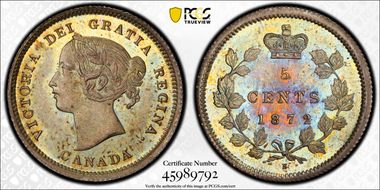

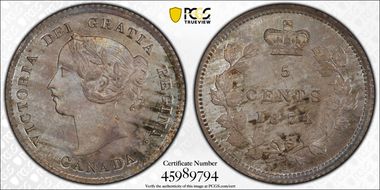
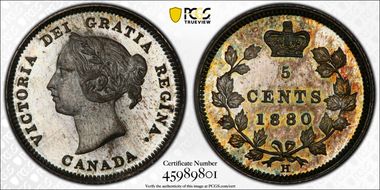

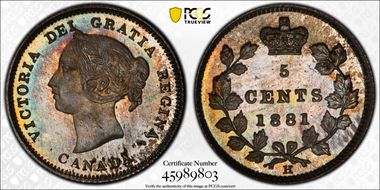
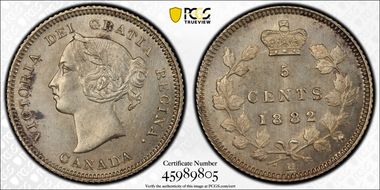

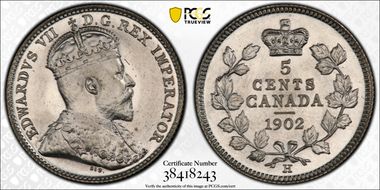
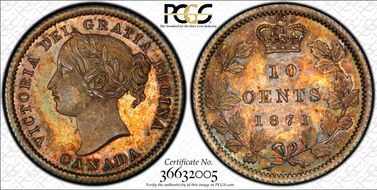
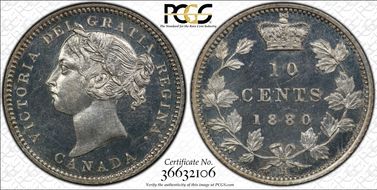

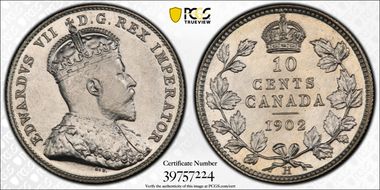




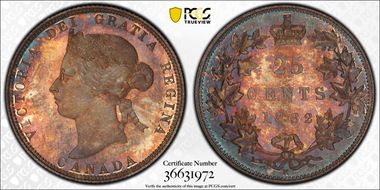
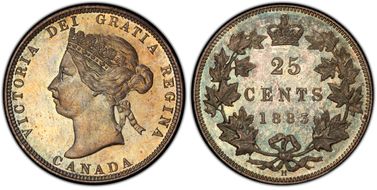
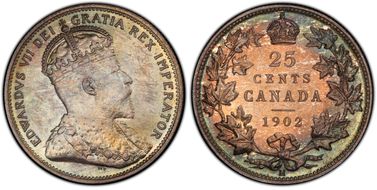

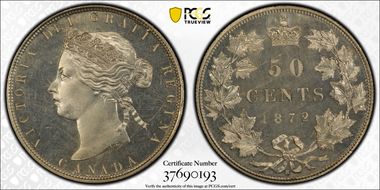



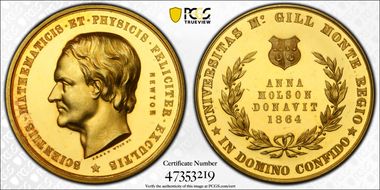
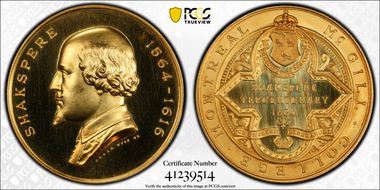
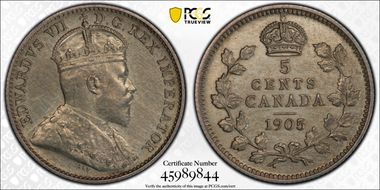
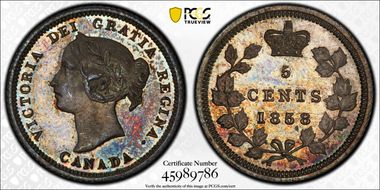
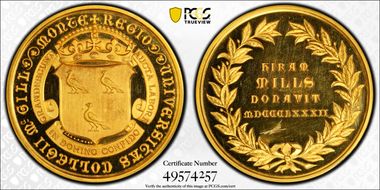
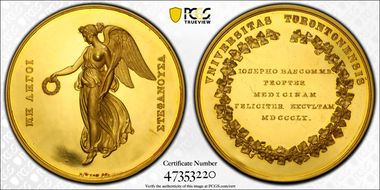
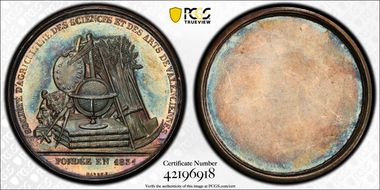
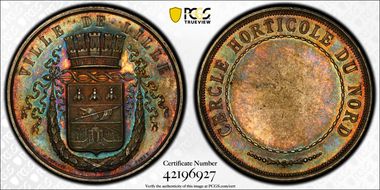
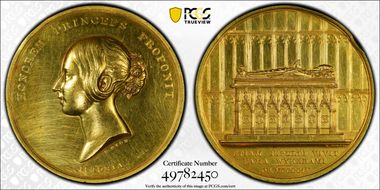
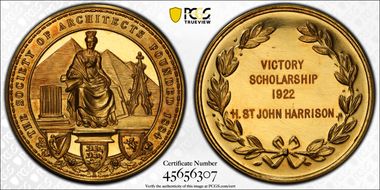
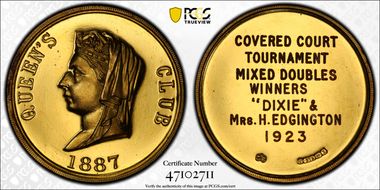
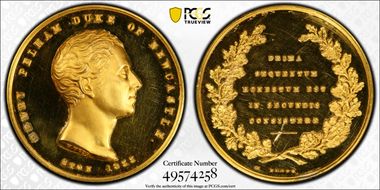
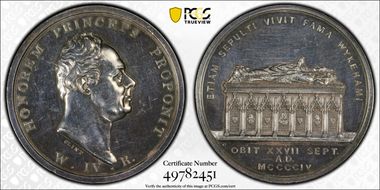
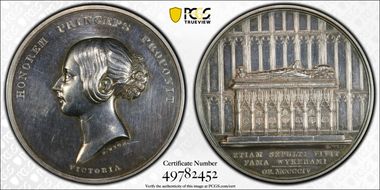
_album.jpg)
_album.jpg)
_album.jpg)
_album.jpg)

